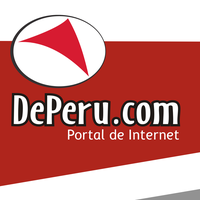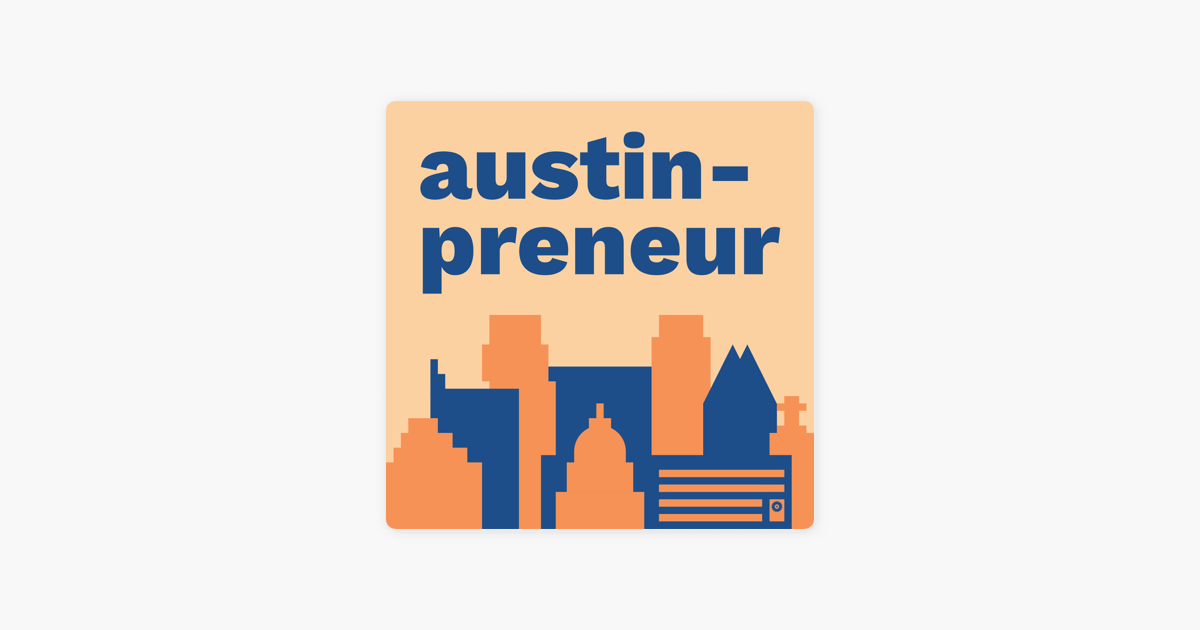Understanding Personality Types: The Key to Workplace Harmony
October 29, 2024, 5:13 pm
In the bustling world of work, personalities clash like thunder and lightning. Each individual brings a unique set of traits to the table. Some are vibrant extroverts, while others are quiet introverts. Understanding these differences can transform a chaotic workplace into a symphony of collaboration.
Personality types shape our interactions. They influence how we communicate, solve problems, and handle stress. When teams understand their dynamics, they can navigate conflicts and enhance productivity. It’s like tuning an orchestra. Each instrument has its role, but harmony is achieved only when they play together.
The Big Five Personality Test is a powerful tool. It categorizes individuals into five broad traits: openness, conscientiousness, extraversion, agreeableness, and neuroticism. This framework helps people identify their strengths and weaknesses. It’s a mirror reflecting the essence of who we are.
Imagine a team where four members are extroverts. They thrive on energy and spontaneity. Now, picture one introverted member. This person prefers structure and detail. In such a scenario, the introvert may feel lost in the whirlwind of ideas. Their need for order clashes with the group’s dynamic. Recognizing this disparity is the first step toward resolution.
Collaboration requires compromise. The extroverts must learn to slow down. They need to pause and consider the introvert’s perspective. This doesn’t mean stifling creativity. Instead, it’s about finding a balance. The introvert can guide the team in creating a structured plan. Their attention to detail can enhance the group’s output.
Conflict is inevitable. But it doesn’t have to be destructive. When team members acknowledge their differences, they can work toward understanding. This awareness fosters empathy. It transforms frustration into collaboration. The extroverts can learn to appreciate the introvert’s meticulous nature. Conversely, the introvert can embrace the energy of their extroverted colleagues.
Tools like the RIASEC profiling tool can further enhance understanding. This tool categorizes individuals based on their interests and skills. It helps teams identify complementary strengths. A well-rounded team is like a well-balanced meal. Each ingredient adds flavor, creating a satisfying experience.
In the workplace, personality types can influence leadership styles. A leader who understands their team’s dynamics can motivate effectively. They can tailor their approach to suit different personalities. This adaptability fosters a positive work environment. Employees feel valued and understood.
Moreover, personality awareness can improve hiring practices. Organizations can build teams with diverse traits. This diversity leads to innovative solutions. Different perspectives spark creativity. It’s like mixing colors on a palette. The result is a vibrant masterpiece.
However, personality assessments are not foolproof. They are guides, not rules. People are complex. They can exhibit traits from multiple categories. Relying solely on tests can lead to oversimplification. It’s essential to consider individual experiences and contexts.
Training programs can help teams navigate personality differences. Workshops focused on communication and collaboration can bridge gaps. These sessions can provide practical strategies for managing conflicts. They empower employees to express their needs and preferences.
In the end, understanding personality types is about connection. It’s about building relationships based on respect and empathy. When teams embrace their differences, they unlock potential. They create an environment where everyone can thrive.
As workplaces evolve, so do the challenges. Remote work and digital communication add layers of complexity. Teams must adapt to new dynamics. Understanding personality types becomes even more crucial in this landscape. It’s the compass guiding teams through uncharted waters.
In conclusion, personality types are the threads weaving the fabric of workplace culture. They shape interactions, influence decisions, and drive success. By embracing these differences, teams can transform challenges into opportunities. They can create a harmonious workplace where every voice is heard. It’s a journey worth taking. After all, in the grand orchestra of work, every note matters.
Personality types shape our interactions. They influence how we communicate, solve problems, and handle stress. When teams understand their dynamics, they can navigate conflicts and enhance productivity. It’s like tuning an orchestra. Each instrument has its role, but harmony is achieved only when they play together.
The Big Five Personality Test is a powerful tool. It categorizes individuals into five broad traits: openness, conscientiousness, extraversion, agreeableness, and neuroticism. This framework helps people identify their strengths and weaknesses. It’s a mirror reflecting the essence of who we are.
Imagine a team where four members are extroverts. They thrive on energy and spontaneity. Now, picture one introverted member. This person prefers structure and detail. In such a scenario, the introvert may feel lost in the whirlwind of ideas. Their need for order clashes with the group’s dynamic. Recognizing this disparity is the first step toward resolution.
Collaboration requires compromise. The extroverts must learn to slow down. They need to pause and consider the introvert’s perspective. This doesn’t mean stifling creativity. Instead, it’s about finding a balance. The introvert can guide the team in creating a structured plan. Their attention to detail can enhance the group’s output.
Conflict is inevitable. But it doesn’t have to be destructive. When team members acknowledge their differences, they can work toward understanding. This awareness fosters empathy. It transforms frustration into collaboration. The extroverts can learn to appreciate the introvert’s meticulous nature. Conversely, the introvert can embrace the energy of their extroverted colleagues.
Tools like the RIASEC profiling tool can further enhance understanding. This tool categorizes individuals based on their interests and skills. It helps teams identify complementary strengths. A well-rounded team is like a well-balanced meal. Each ingredient adds flavor, creating a satisfying experience.
In the workplace, personality types can influence leadership styles. A leader who understands their team’s dynamics can motivate effectively. They can tailor their approach to suit different personalities. This adaptability fosters a positive work environment. Employees feel valued and understood.
Moreover, personality awareness can improve hiring practices. Organizations can build teams with diverse traits. This diversity leads to innovative solutions. Different perspectives spark creativity. It’s like mixing colors on a palette. The result is a vibrant masterpiece.
However, personality assessments are not foolproof. They are guides, not rules. People are complex. They can exhibit traits from multiple categories. Relying solely on tests can lead to oversimplification. It’s essential to consider individual experiences and contexts.
Training programs can help teams navigate personality differences. Workshops focused on communication and collaboration can bridge gaps. These sessions can provide practical strategies for managing conflicts. They empower employees to express their needs and preferences.
In the end, understanding personality types is about connection. It’s about building relationships based on respect and empathy. When teams embrace their differences, they unlock potential. They create an environment where everyone can thrive.
As workplaces evolve, so do the challenges. Remote work and digital communication add layers of complexity. Teams must adapt to new dynamics. Understanding personality types becomes even more crucial in this landscape. It’s the compass guiding teams through uncharted waters.
In conclusion, personality types are the threads weaving the fabric of workplace culture. They shape interactions, influence decisions, and drive success. By embracing these differences, teams can transform challenges into opportunities. They can create a harmonious workplace where every voice is heard. It’s a journey worth taking. After all, in the grand orchestra of work, every note matters.

